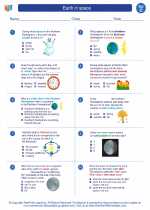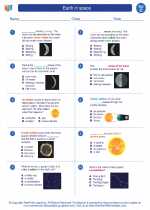Cells: The Building Blocks of Life
Cells are the basic structural and functional units of all living organisms. They are the smallest unit of life that can replicate independently, and are often called the "building blocks of life".
What are Cells?
Cells are extremely small, typically only visible under a microscope. They are enclosed by a membrane that regulates the passage of materials between the cell and its environment. Inside the cell, there are various structures called organelles, each with specific functions that contribute to the overall functioning of the cell.
Types of Cells
There are two main types of cells: prokaryotic and eukaryotic. Prokaryotic cells, such as bacteria, do not have a nucleus or other membrane-bound organelles. Eukaryotic cells, found in plants, animals, fungi, and protists, have a true nucleus and membrane-bound organelles.
Functions of Cells
Cells carry out a wide range of functions that are essential for life. These functions include:
- Cellular respiration: The process by which cells convert nutrients into energy.
- Photosynthesis: The process by which plant cells convert light energy into chemical energy.
- Cell division: The process by which cells replicate and multiply.
- Protein synthesis: The process by which cells produce proteins necessary for various cellular activities.
Studying Cells
When studying cells, it is important to understand the different organelles and their functions, as well as the processes that occur within the cell. Here are some key points to focus on:
- The structure and function of the cell membrane.
- The role of the nucleus as the control center of the cell.
- The functions of organelles such as the mitochondria, endoplasmic reticulum, and Golgi apparatus.
- The processes of cellular respiration and photosynthesis.
- The stages of the cell cycle and cell division.
Understanding cells is fundamental to understanding life itself, and the study of cells is a crucial part of biology.
.◂Science Worksheets and Study Guides Third Grade. Earth in space

 Worksheet/Answer key
Worksheet/Answer key
 Worksheet/Answer key
Worksheet/Answer key
 Worksheet/Answer key
Worksheet/Answer key
 Vocabulary/Answer key
Vocabulary/Answer key
